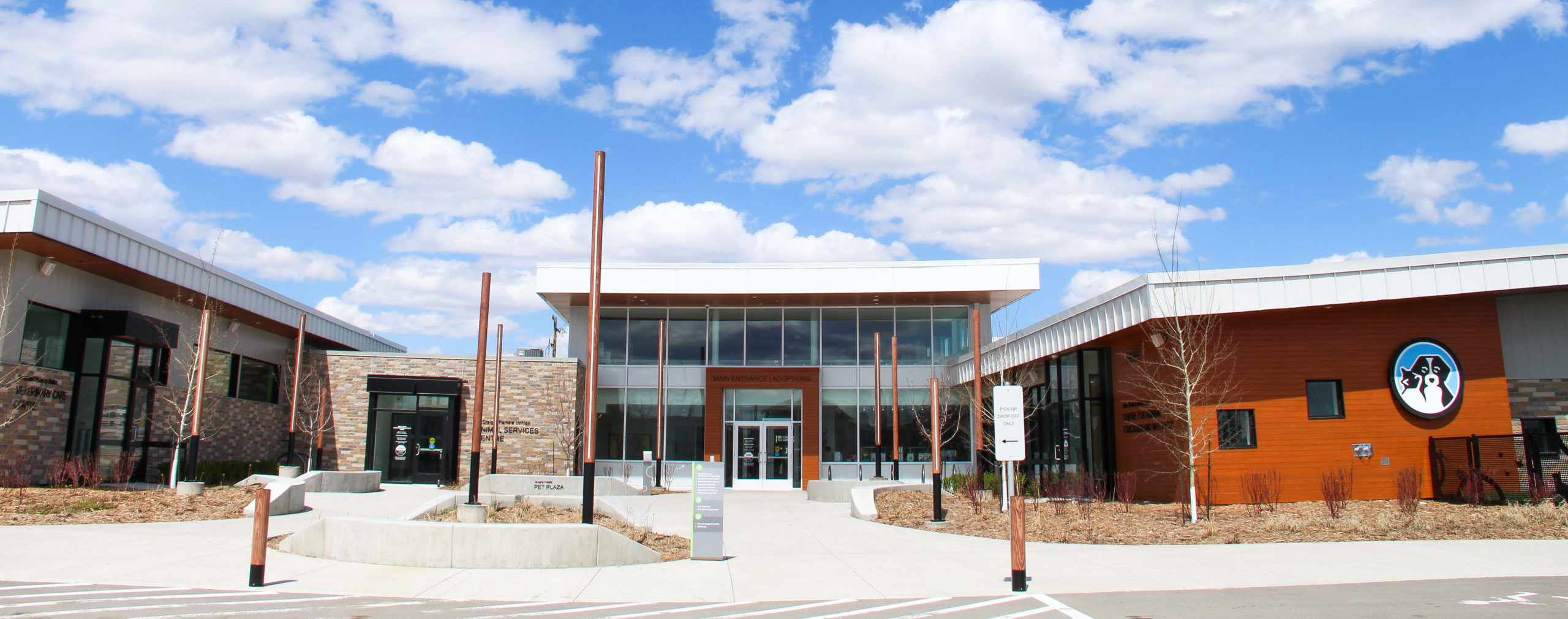On June 1, 2024, we officially opened our new Animal Community Centre. For six decades, our community has been united by a shared passion for animal welfare. From our humble beginnings, we have grown and evolved, always striving to provide the best care, shelter, and love for the animals who need us.
Our new Animal Community Centre is more than just a building; it is a testament to our community’s unwavering dedication to animal welfare. It is a sanctuary where abandoned and injured animals will find safety, medical care, and the chance to be adopted into loving homes. It is a place where education and outreach programs will support and foster the bond between humans and animals. And it is a symbol of our promise to protect and nurture the creatures that share our world.
It takes a village to bring something of this size to life and so many hands and hearts have contributed to this milestone for animals.
We would like to recognize the City of Regina’s progressive vision and contribution to the new Animal Community Centre. Their investment in our animal care system is indeed an important part of the quality of life of our community.
Numerous dedicated individuals in our city worked tirelessly to help raise the needed funding for the project and unite so many in a common cause.
We are so appreciative of contractor, architectural and design firms who not only gave our facility physical form, but also a warmth and welcoming environment for animals and people alike.
In 2019 we launched the Almost Home Capital Campaign, with the goal of raising $15 million, to support this project. In the past four years, over 1,300 donors have given heartfelt gifts to provide a space to shelter those animals who are in the greatest need. As you walk through the Animal Community Centre, you’ll see their names displayed in the corridors, painted on the walls, and engraved on plaques. But these aren’t just names; they are stories waiting to be told. Behind every room, every corner, lies the heart and soul of those who believed in our vision. To all of you whose names and stories grace these walls, your contributions go far beyond the physical; they create a legacy of hope, love, and kindness for every animal that finds refuge within these walls.
Looking ahead, we are excited about the possibilities that this new Centre brings. As we open the doors to this new chapter, I would also like to pay tribute to the countless volunteers, staff, and supporters who have made this possible. Your hard work, generosity, and love have been the foundation of our success. Together, we have saved lives, inspired change, and created a legacy that will endure for generations to come.









